'Unprecedented criminalization' of pro-Palestine activists in UK raises alarm
Activists in the UK have expressed significant concerns regarding an "unprecedented wave of criminalization" targeting those advocating for Palestinian rights and climate change.
Reports indicate that British authorities are increasingly utilizing anti-terrorism and anti-mafia legislation to detain and prosecute these activists and journalists.
Since July, over 40 pro-Palestine and climate activists have reportedly been imprisoned, either after conviction or while awaiting trial, the campaign group Defend Our Juries said.
The campaigners highlight a notable suppression of the right to protest in the UK, particularly affecting those involved in advocacy for Palestine and climate change.
Palestinian solidarity groups have raised alarms, viewing the crackdown as an attempt to silence dissenting voices and undermine their right to free expression.
Similarly, climate activists, especially those involved in high-profile protests organized by groups like Extinction Rebellion and Just Stop Oil, are facing severe penalties for their actions aimed at drawing attention to the climate crisis.
In December last year, the Metropolitan Police reported that they arrested 630 Just Stop Oil, a British environmental activist group, activists within that month, a statistic that civil rights organization Liberty described as “staggering and shocking.”
In Britain, Palestine and climate activists face an 'unprecedented' wave of criminalisationhttps://t.co/93fbZMShLE
— Middle East Eye (@MiddleEastEye) October 24, 2024
Recent legislative changes, including the Police, Crime, Sentencing and Courts Bill 2022(PCSC) and the Public Order Act 2023, have significantly expanded police powers and allowed the Crown Prosecution Service(CPS) to curtail the rights of protesters.
The laws have made it easier for law enforcement to pursue harsher charges against demonstrators, while the Court of Appeal has removed essential defenses previously available to them, leading to increasingly severe penalties for those facing trial.
The situation has escalated to the point where counterterrorism officers have executed search warrants against journalists, such as Asa Winstanley of Electronic Intifada, under the Terrorism Act, further illustrating the extent of the crackdown on dissent.
On August 6, six Palestine Action members were detained for a week without charge under the Terrorism Act after storming Israeli arms company Elbit Systems' research hub in the Filton area of Bristol. Another four members were rounded up in the following days and accused of being connected with the action.
In March 2024, the court ruled that the “beliefs and motivation” of protest defendants could no longer constitute a lawful excuse for criminal damage, if the link between the action and the harm it was intended to prevent was “too remote.”
Moreover, conspiracy charges are also increasingly being wielded to conduct mass arrests of activists ahead of action.
The intersection of these movements raises concerns among activists and human rights advocates about the potential stifling of critical discussions surrounding social justice and environmental sustainability.
VIDEO | Press TV's news headlines
Palestinian factions denounce US for offering ‘consular services’ inside West Bank settlement
Iran, Oman FMs meet ahead of third round of indirect nuclear talks with US
VIDEO | UN commemorates Mother Language Day with celebrations
VIDEO | Pakistan, Afghan Taliban trade accusations after border clash
VIDEO | Venezuela races against time to rebuild homes bombed by US
Ex-IAEA chief warns US of ‘horrific’ costs of war on Iran
India’s Modi visits occupied territories to deepen ties with Israel despite Gaza genocide


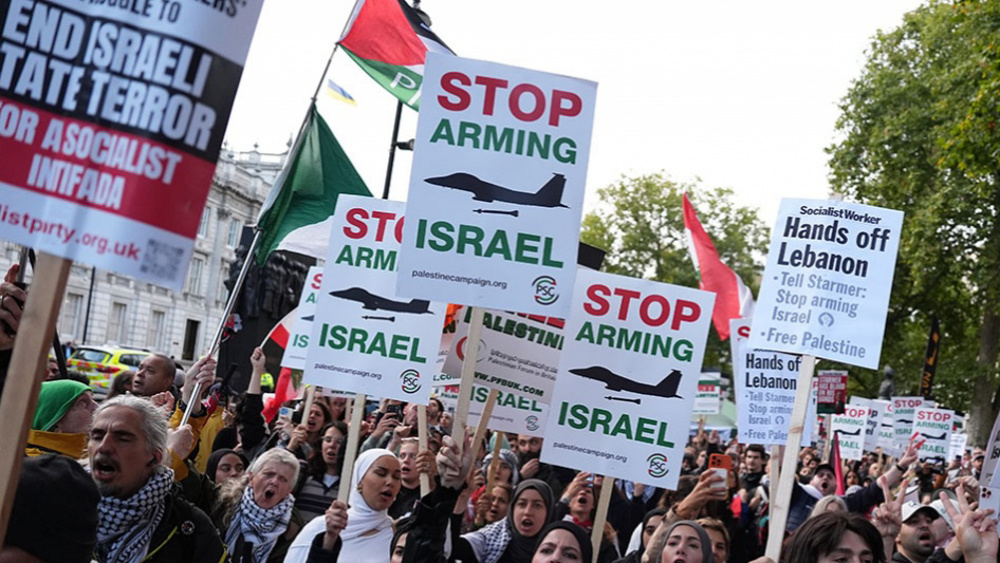
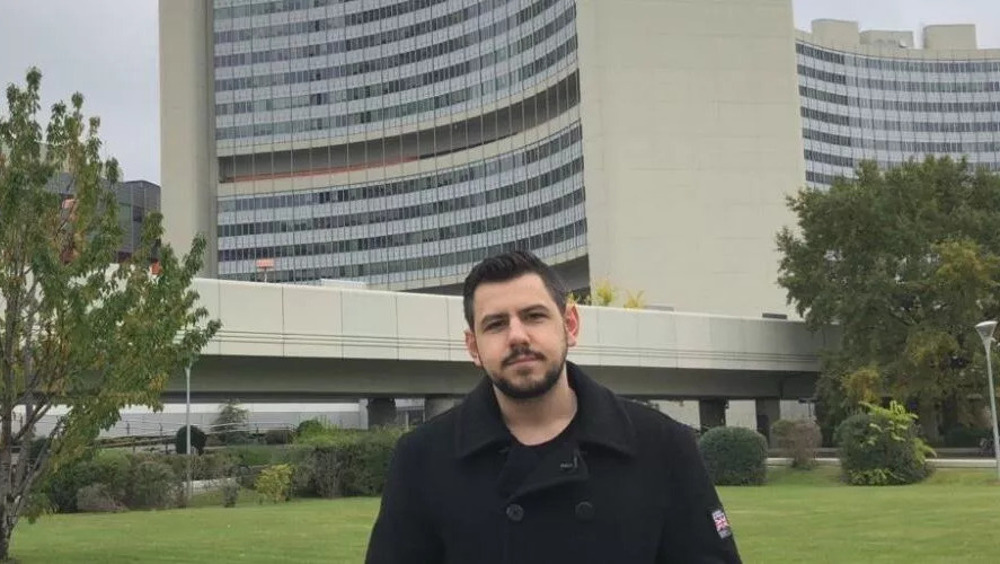

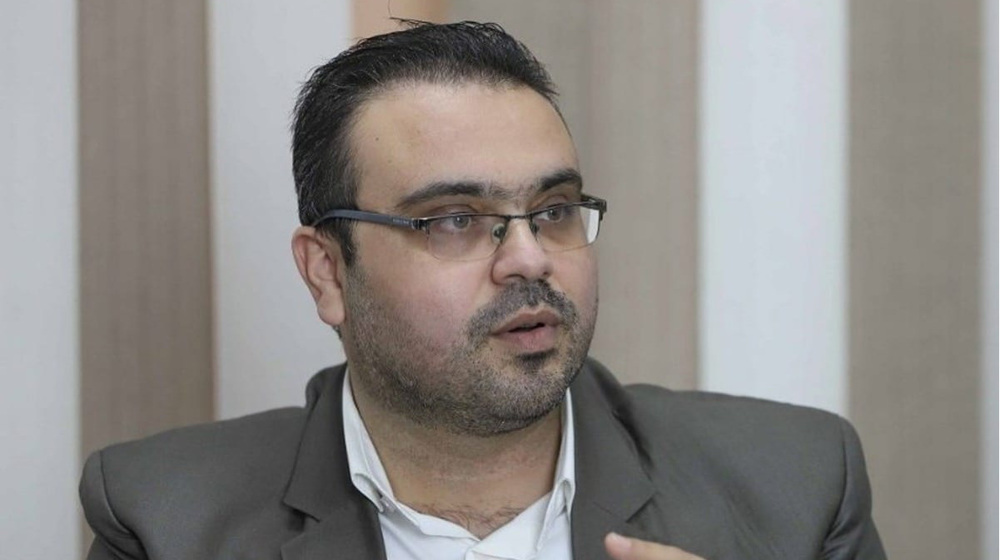




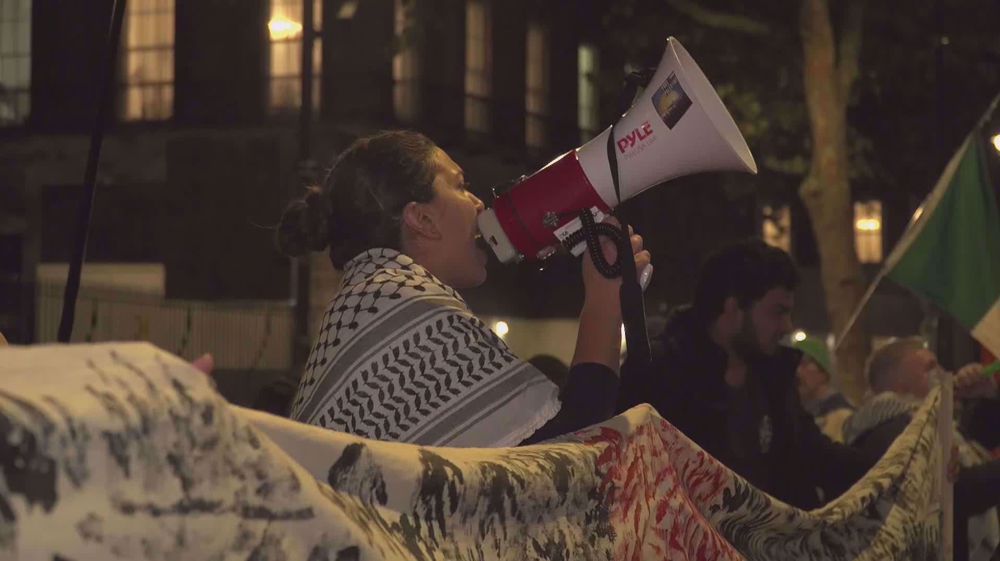

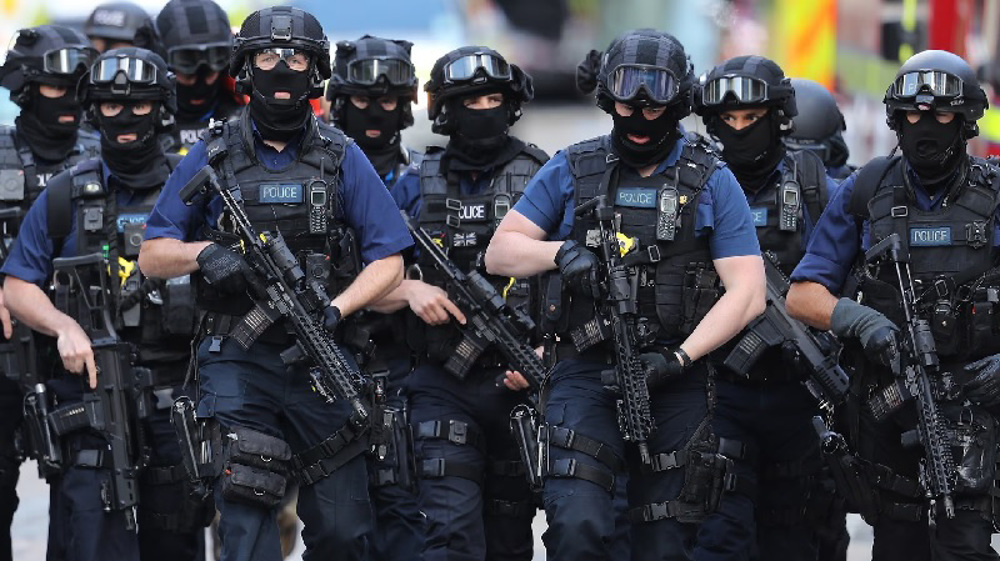

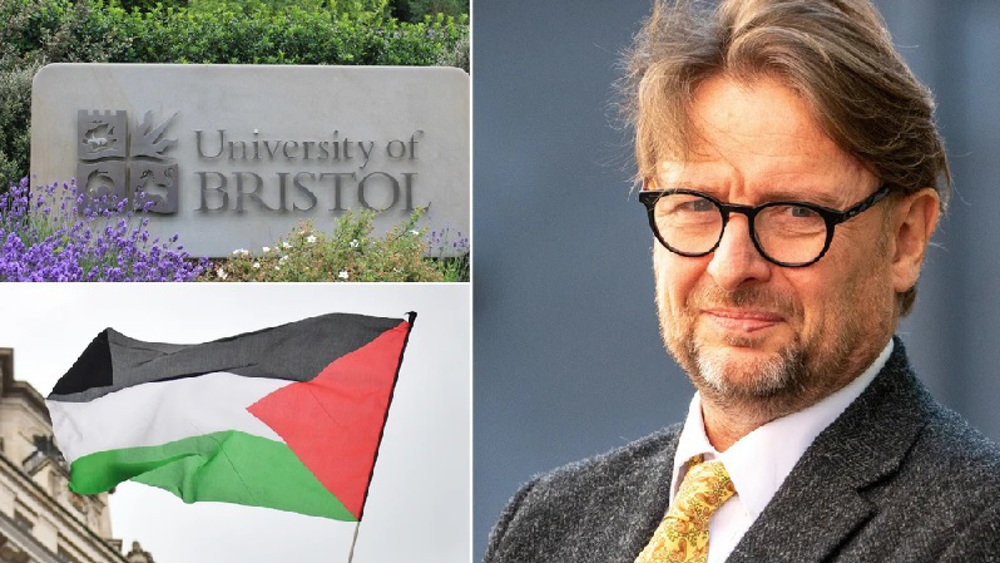


 This makes it easy to access the Press TV website
This makes it easy to access the Press TV website